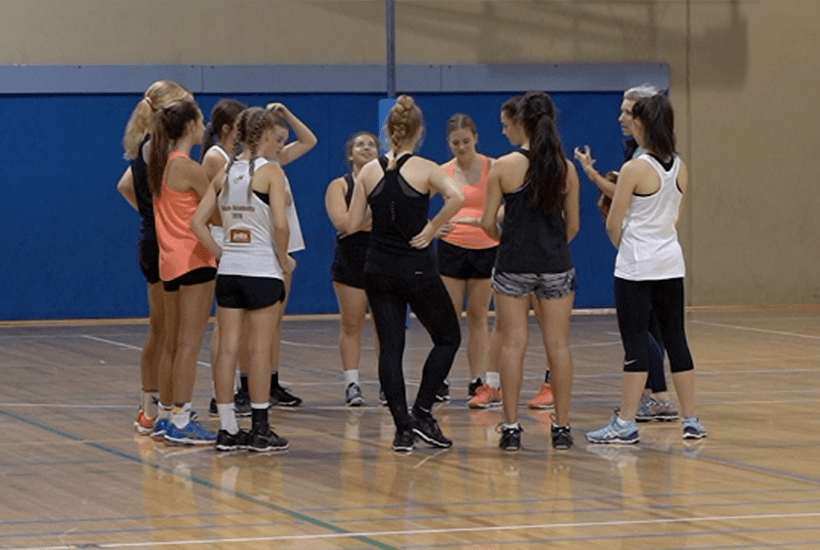
Our netball club received an email from a parent last week.
At the previous training session we’d done something a little different for our four teams as a change of pace from their regular training – we organised a Fast5 tournament for them. We mixed up the teams, players got dressed up in funny uniforms, they played in positions they might not normally experience, and they had plenty of laughs while trying to bomb a supergoal. It was great.
The subsequent email was from a parent of one of the youngest players at the club, just wanting to let us know her daughter had talked about the session for hours afterwards, and is enjoying and fitting in really well at her new club.
It was lovely to hear, and it certainly put a smile on our faces. But on reflection, what stuck out about the email wasn’t that it contained a nice message – it was that we’d received one at all.
500+ DRILLS: CHECK OUT OUR HUGE LIBRARY OF DRILL VIDEOS
Now, netball coaches don’t do what they do for a pat on the back (as nice as it is to get one). But does it ever feel like all you receive are complaints and kickback, and that it’s a struggle to remember the last time someone told you they appreciated your time and thought you were doing a good job?
Think harder, and as a coach or club do most of those complaints and issues always seem to come from the same handful of sources?
In those moments, it’s often important to stop, take a breath, and remind yourself that if there’s one player or parent who’s telling you what you’re doing wrong, or causing friction behind the scenes, there are more than likely nine or more players and parents who are perfectly happy.
Chances are those other people are perfectly happy with the job you’re doing, they appreciate you giving up your time and they look forward to continuing to work with you, even if they never actively express any of those sentiments to you. If you haven’t heard anything from them, that’s usually good news.
It’s human nature to sometimes dwell on the negatives rather than focusing on the positives, and dealing with a player or parent issue will often take hours or days, versus a positive message that is delivered in seconds and then you quickly move on.
However, on those negative occasions don’t forget to take a moment to consider the bigger picture, and whether the grievances are purely from a very vocal minority that don’t actually speak on behalf of the rest of the playing group, or whether it’s a wider team or club issue that needs addressing.
Of course, complaints and concerns must always be treated respectfully and given due attention, whether that means simply hearing the feedback and noting it, informing your head coach or committee, or actioning the complaint in another way.
But before beating yourself up and losing sleep over it, ask yourself whether it’s likely that the sentiment is shared by others, and even consider canvassing the thoughts of your captains or trusted people within your team or club, to determine whether there’s more to it, or whether it’s one person going rogue.
Here’s your coaching mission for the week: Try to take a little more time to enjoy the good moments – even the little ones like players saying “thank you” at the end of a session, or players smiling because they’ve finally nailed a skill, or your team just enjoying each other’s company on game night. That’s all you!
Players and parents – don’t forget to thank your coach!!
Happy coaching.
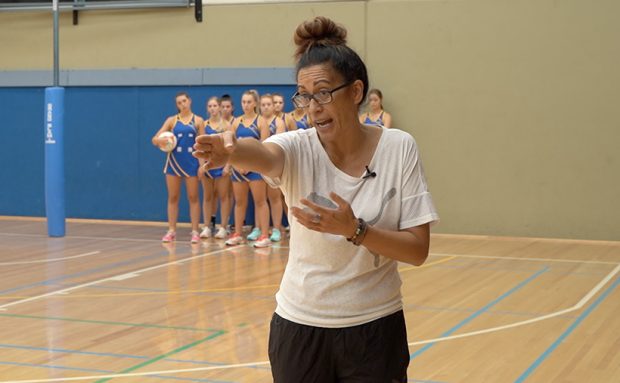

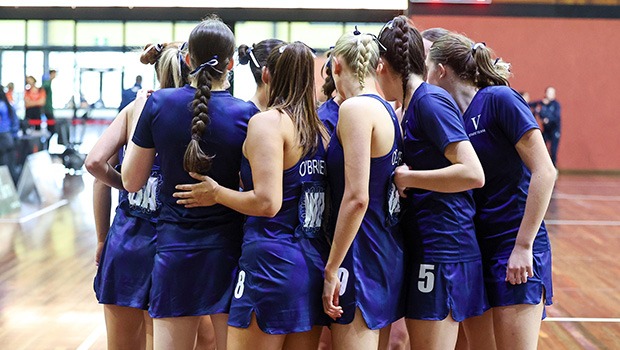

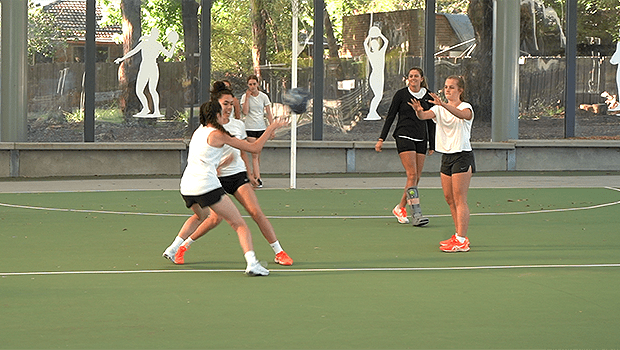
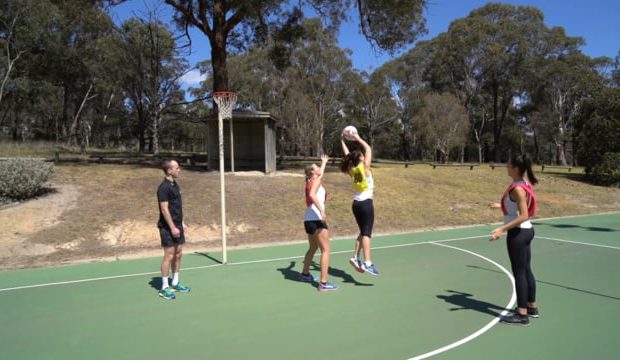
This is truly inspiring as this article reminds coaches to focus on both good and bad…
Perfect timing thank you